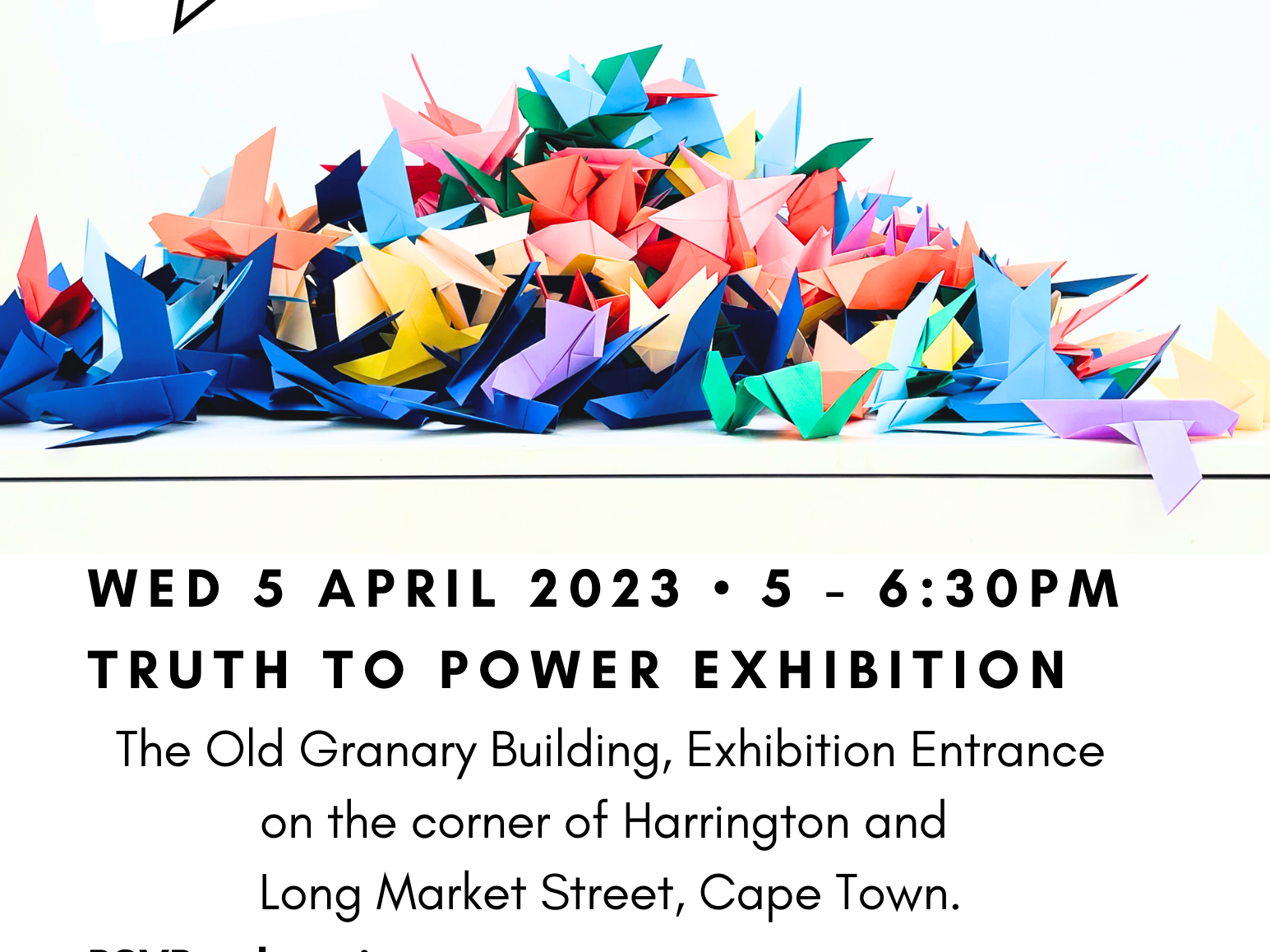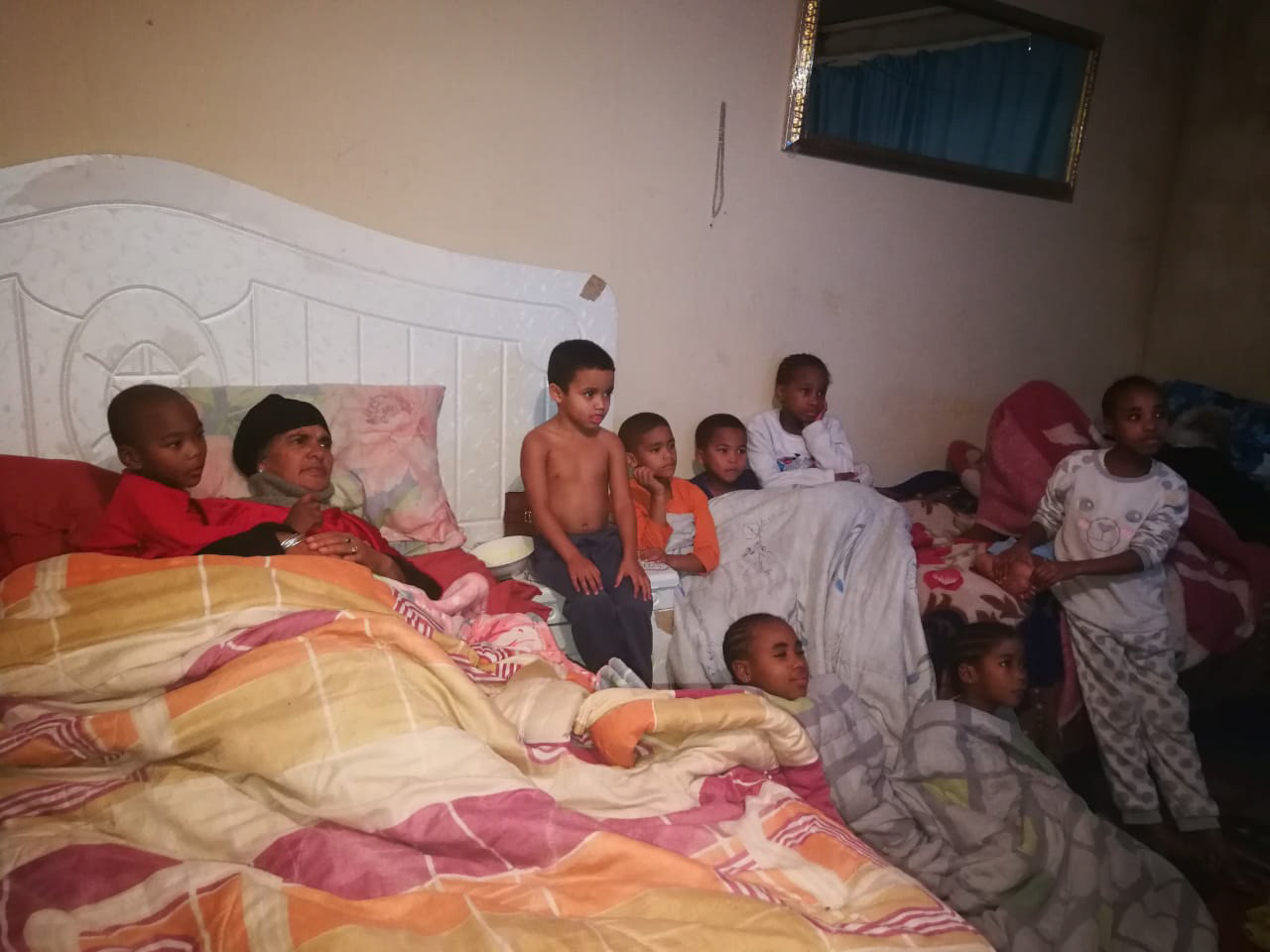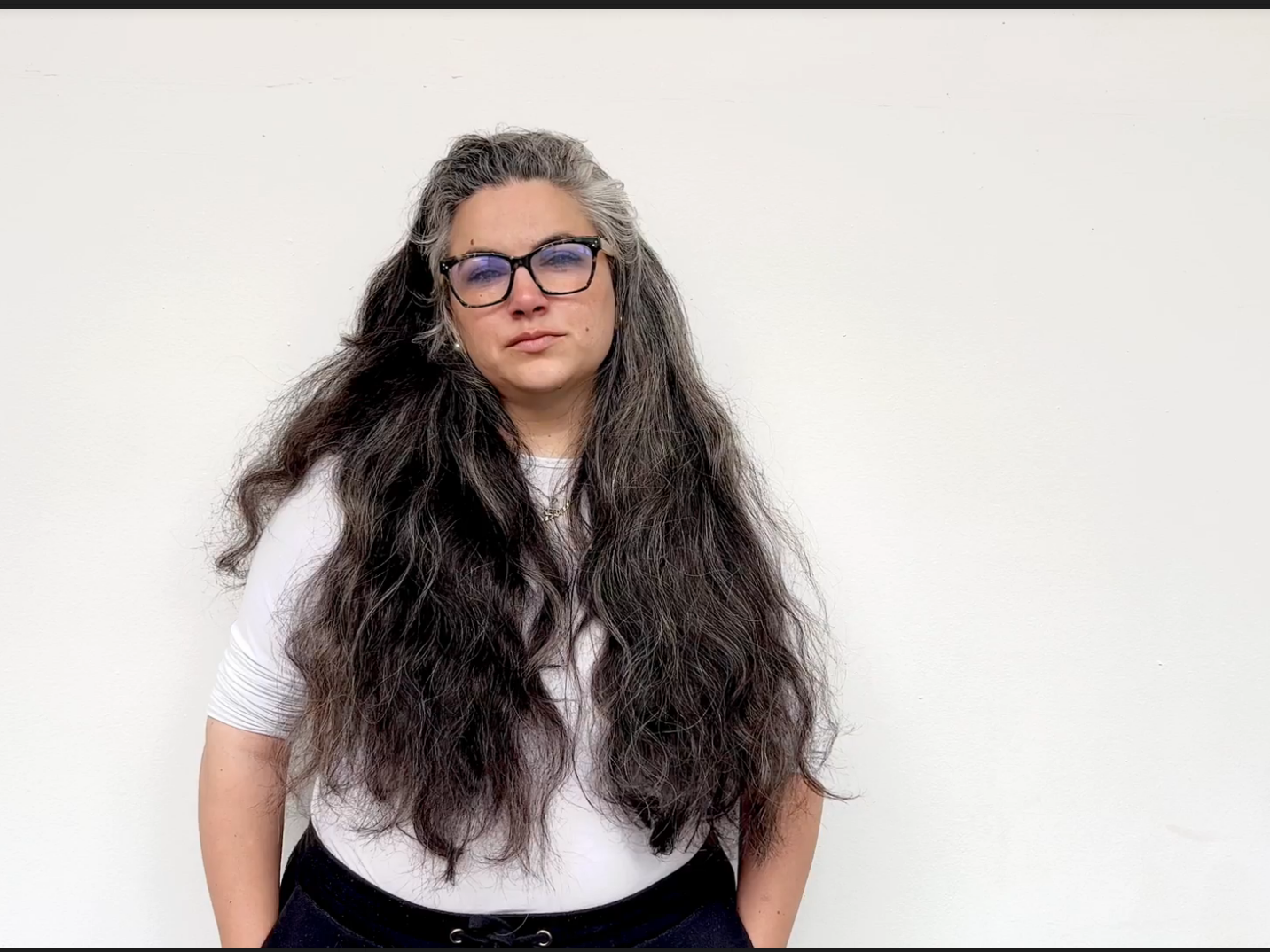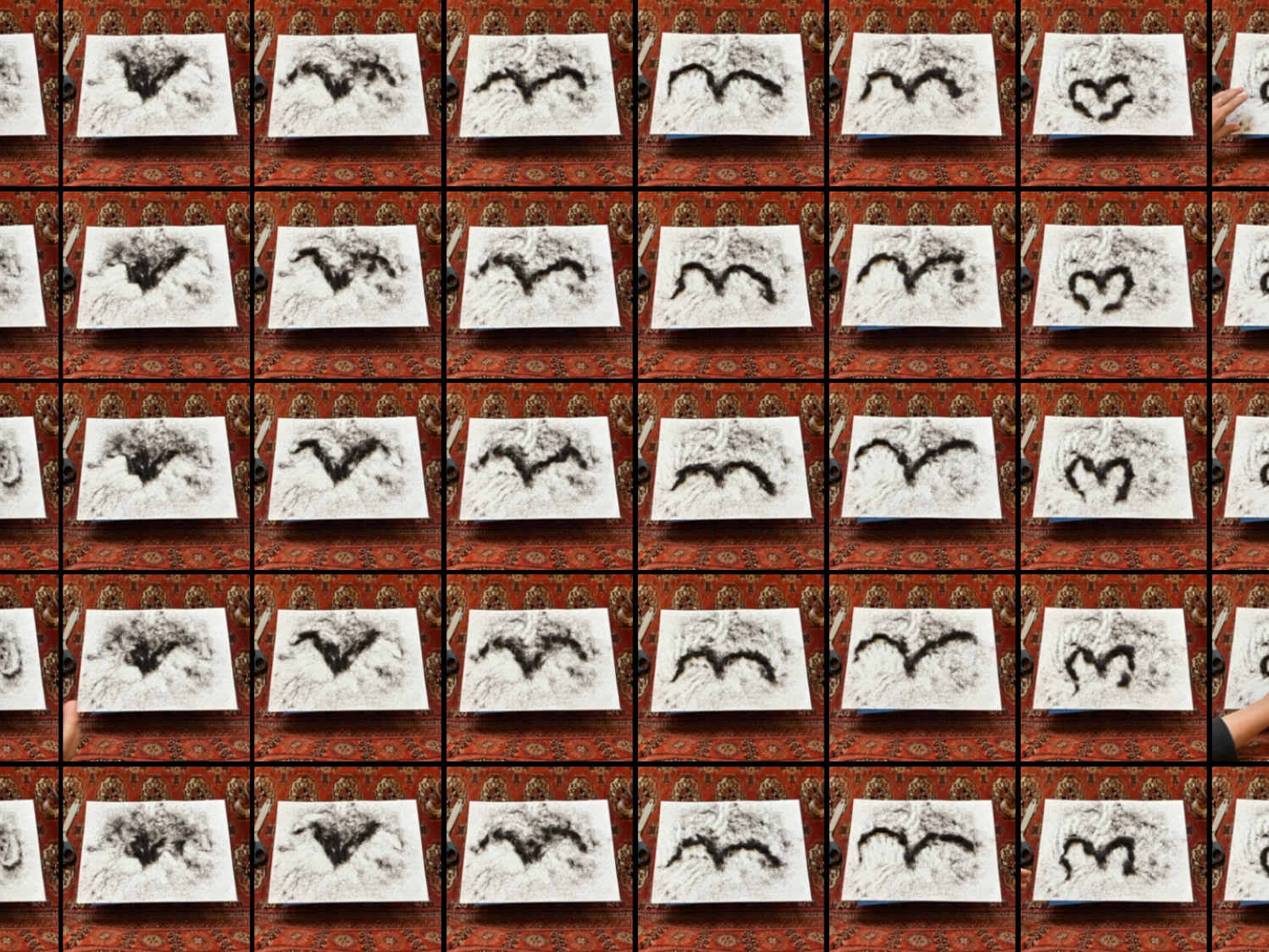#DelftLivesMatter was an action research project carried out in partnership with a mixed group Delft residents who came to be known as The Delft Safety Group. The project intended to inform the monitoring of the Sustainable Development Goals related to urban safety (SDG11) and government accountability (SDG16). Given the complexity of urban South Africa, nuances such as gender, age and race were significant factors to take into consideration. The action research process included personal storytelling, group power analysis, participatory video, advocacy and campaigning.
* all text and graphics in this piece were generated by community members
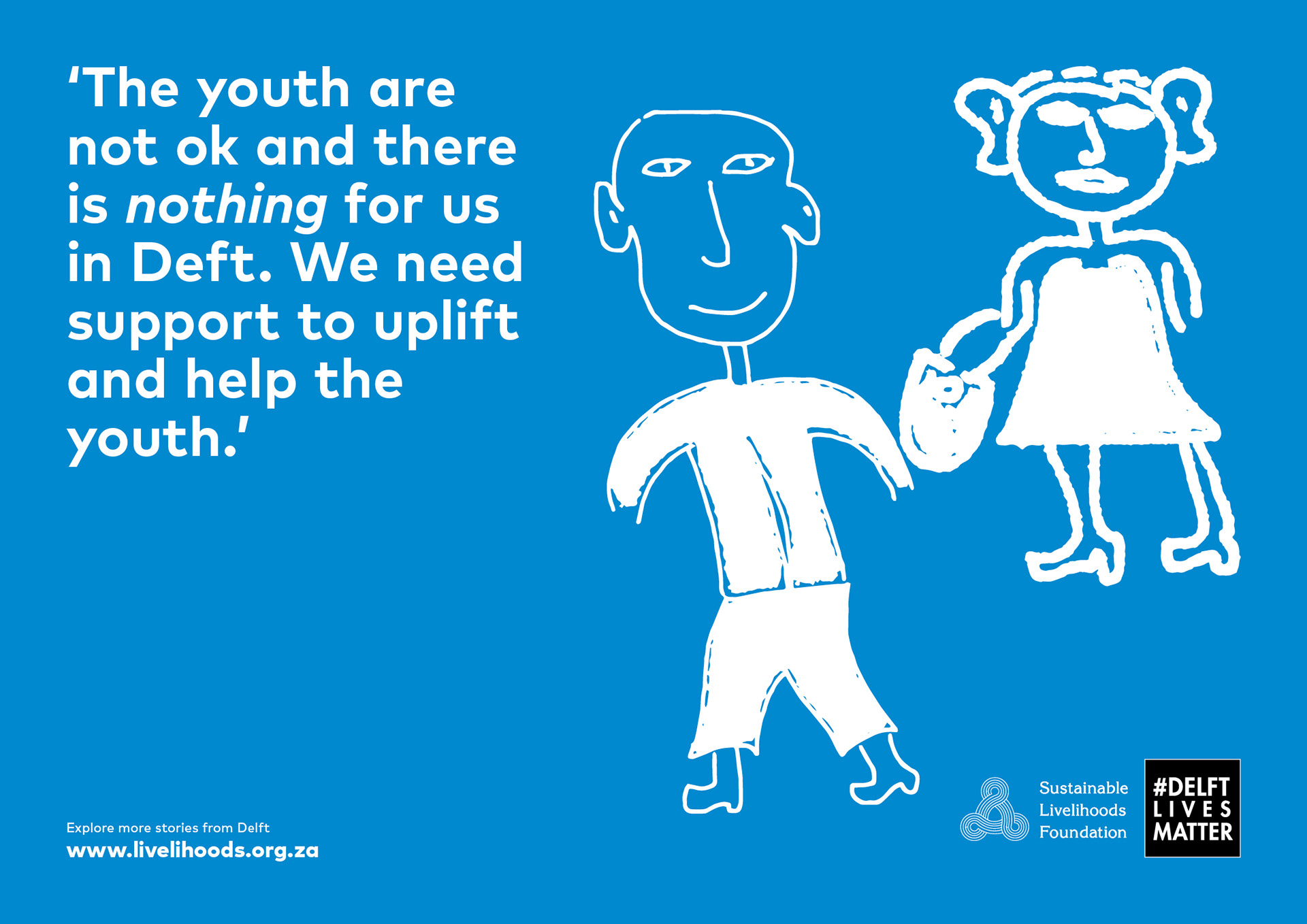
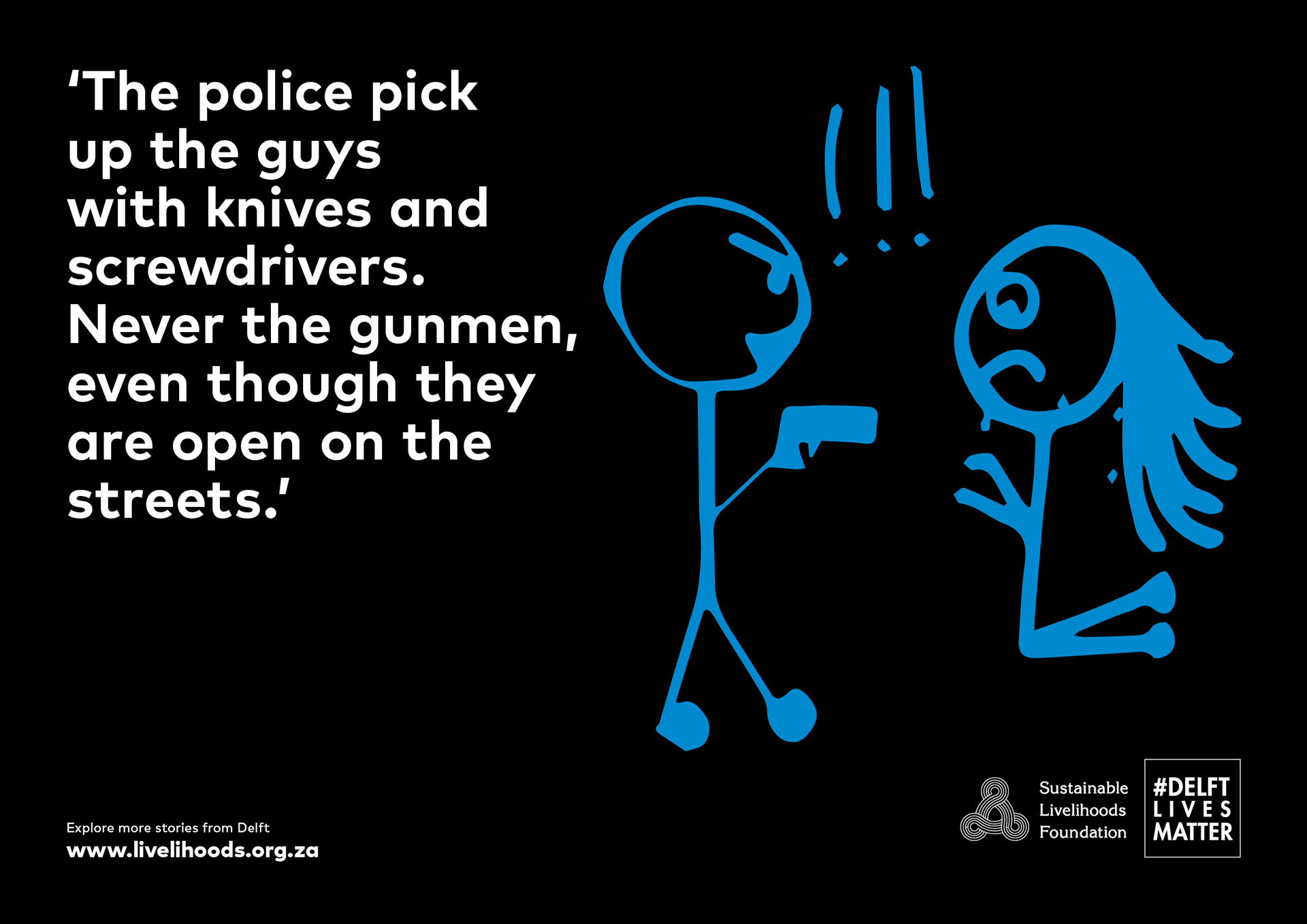
Transformative storytelling
Personal storytelling for transformation is a powerful method for bringing individuals together into a cohesive group. Through an intensive workshop, group members were able to articulate a personal story related to their safety. Soeraya, a community safety leader, was confronted by her child’s rape and the failure of the justice system to provide justice. And thus compelling her family to live in close proximity to the perpetrator. Jackie, a young mother in recovery, was targeted for murder on a drug run and managed to escape.
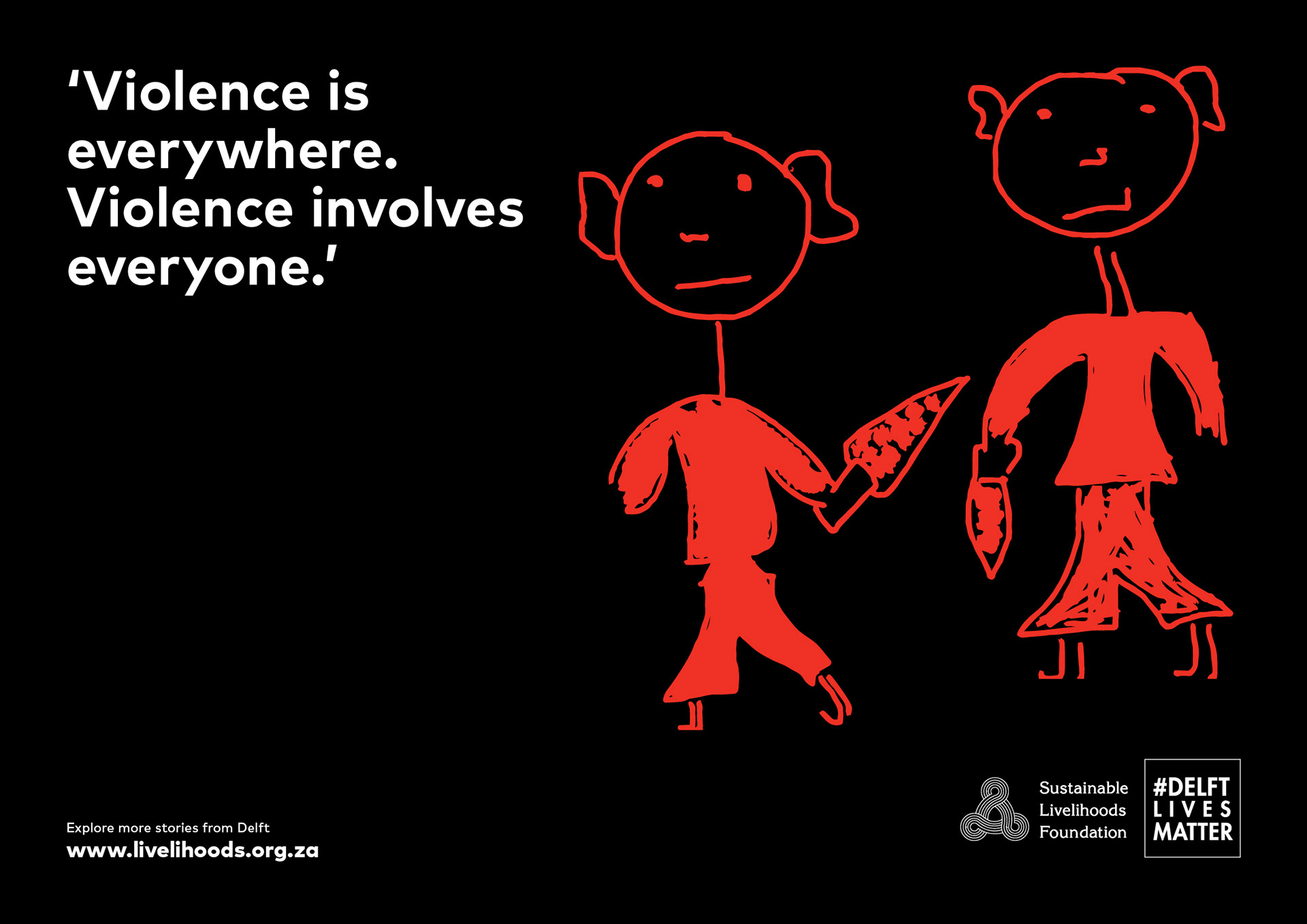
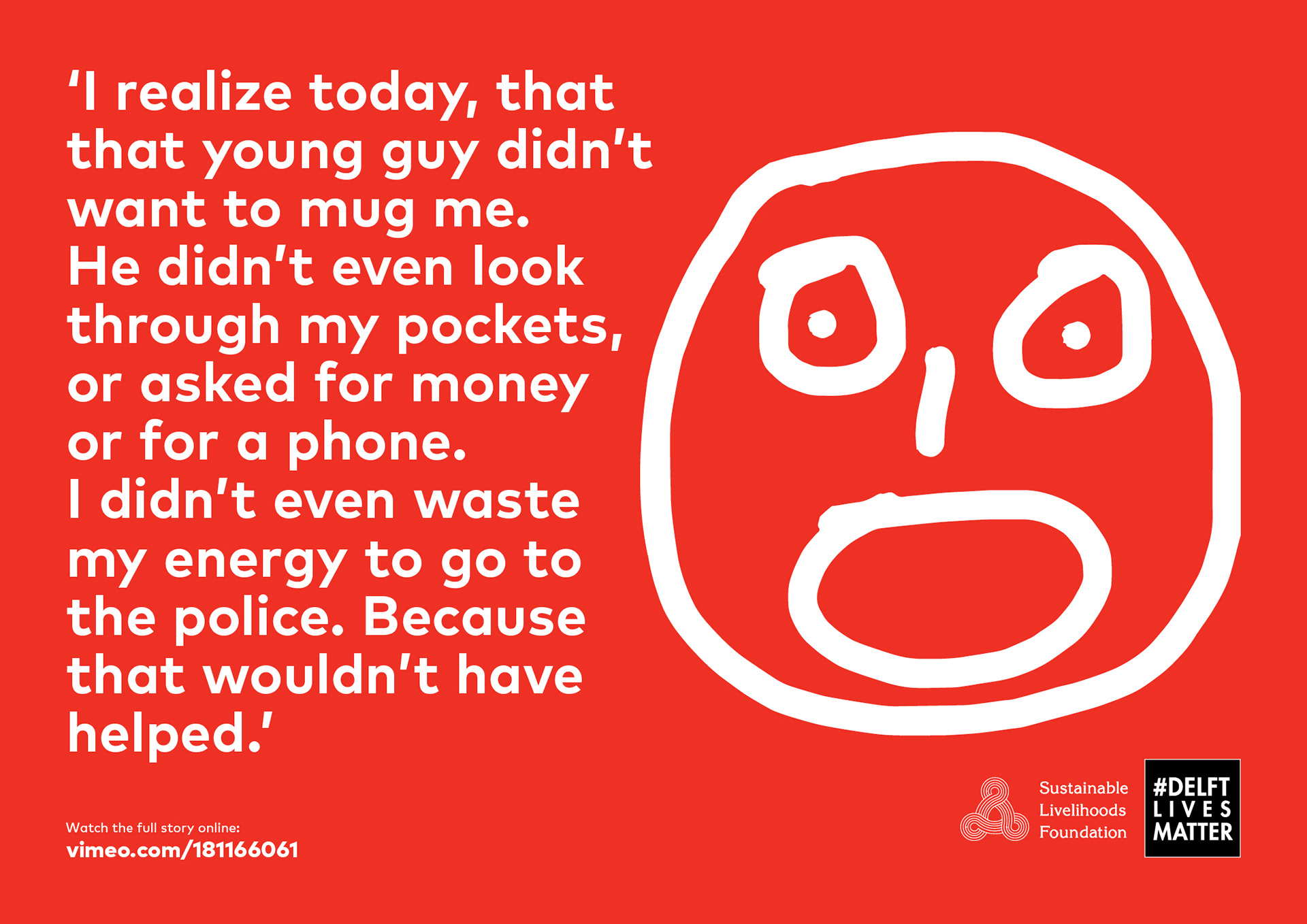
Through analysing these personal stories in the group, themes of power were explored. The group identified three key issues they are faced with and which limit their area from being safe. These were: Lack of accountable leadership, police corruption, and youth challenges. Two of these themes were developed into short films through an intensive Collaborative Video process. Every part of the films was developed by the group with the assistance of facilitators. These have since been used as tools for communication and lobbying at various levels: Provincial, national, international and within Delft township itself.
Public Engagement
Public engagement is an important element in an action research project. Especially when it is directed to social justice and accountable governance. In this case, a series of visual and audio visual tools were developed throughout the project. They formed the basis for communications in this project.
The personal stories in digital format are able to speak for themselves. They relieve the individual from replaying something so deeply personal and emotional. They are also able to espouse a deep sense of connection to the personal and lived experience by an external viewer. The stories are therefore powerful tools in engaging an audience. In this case, they were used in public dialogue with The Mayoral Committee member for Safety, Security and Social Services, JP Smith. This was the starting point for a lasting relationship with Mayoral representative for the Delft Safety Group.
The visual production of the stories formed the basis of the campaigns communications. The simplistic yet gripping images have been combined with words. Transformed into compelling posters they have been used in reports and on online communications platforms: Facebook, Twitter, Blogs. The Delft Safety Group members were fully represented throughout the process through continuous consultation and by the used of their own words and imagery.
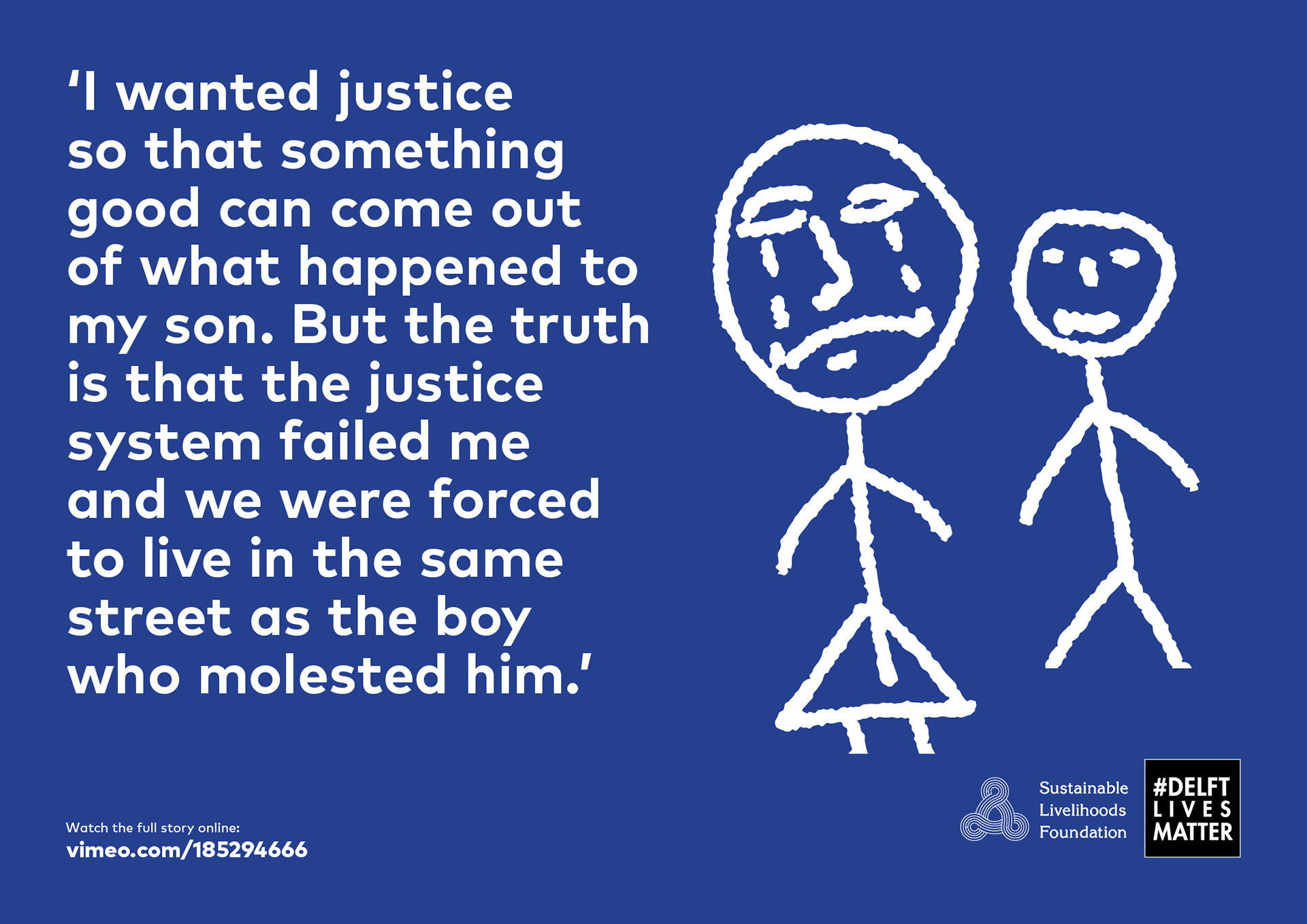
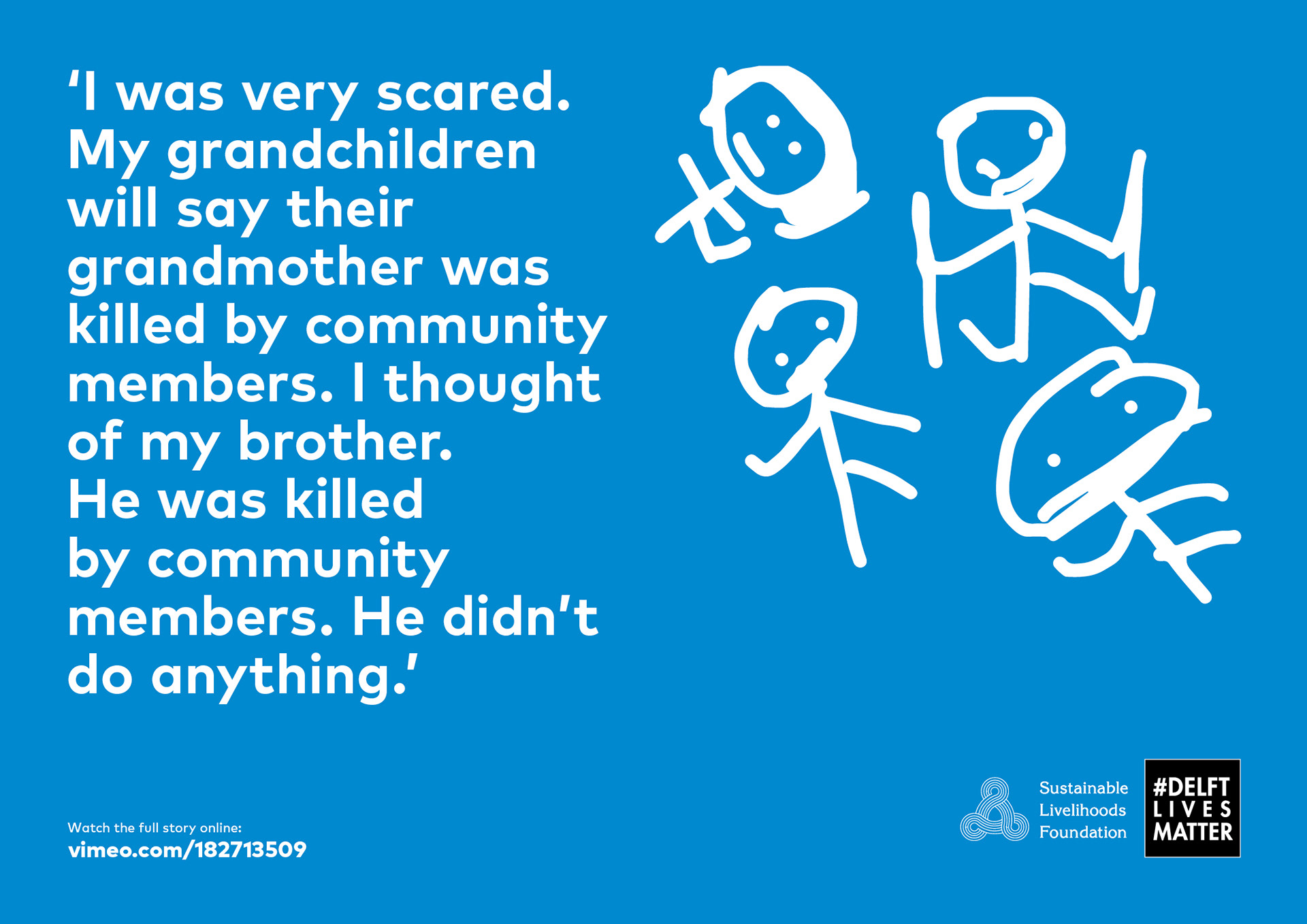
A campaign movement and logo was developed into “Delft Lives Matter”. It was inspired by the “Black Lives Matter” movements in the USA. It speaks to the insignificance of life in deeply corrupt and violent neighbourhoods of Cape Town: A city that is ironically reputed to be among the most desirable in the world. Made into T-shirts, the logo was given to government officials and used to symbolise their allegiance to the movement.
The combination of the visual tools together with the collaborative films, were used strategically in public engagement dialogues and in campaigning communications. Pieces and elements were used in personal conversations with state actors, in conference discussions, and in online communication platforms and debates.
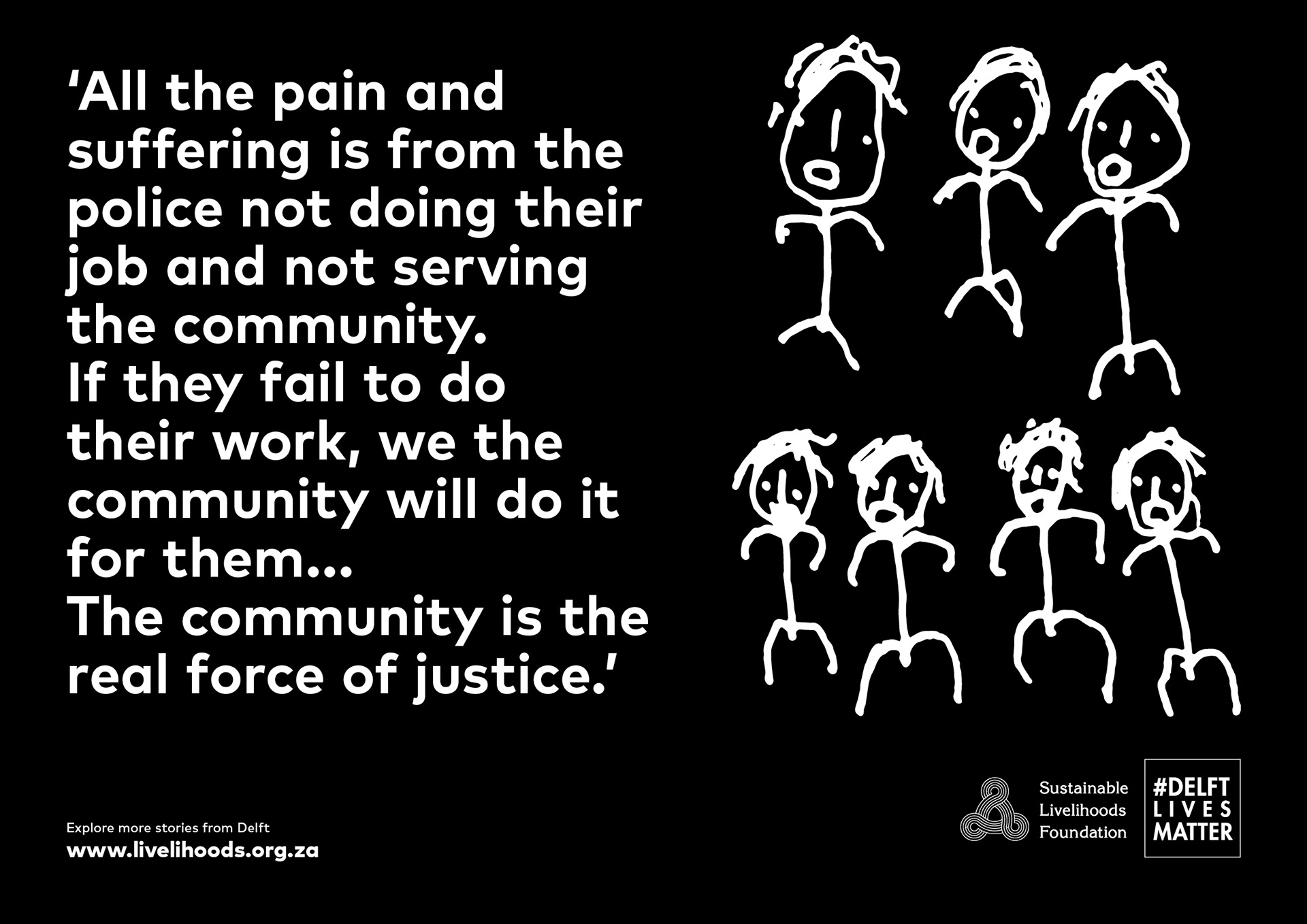
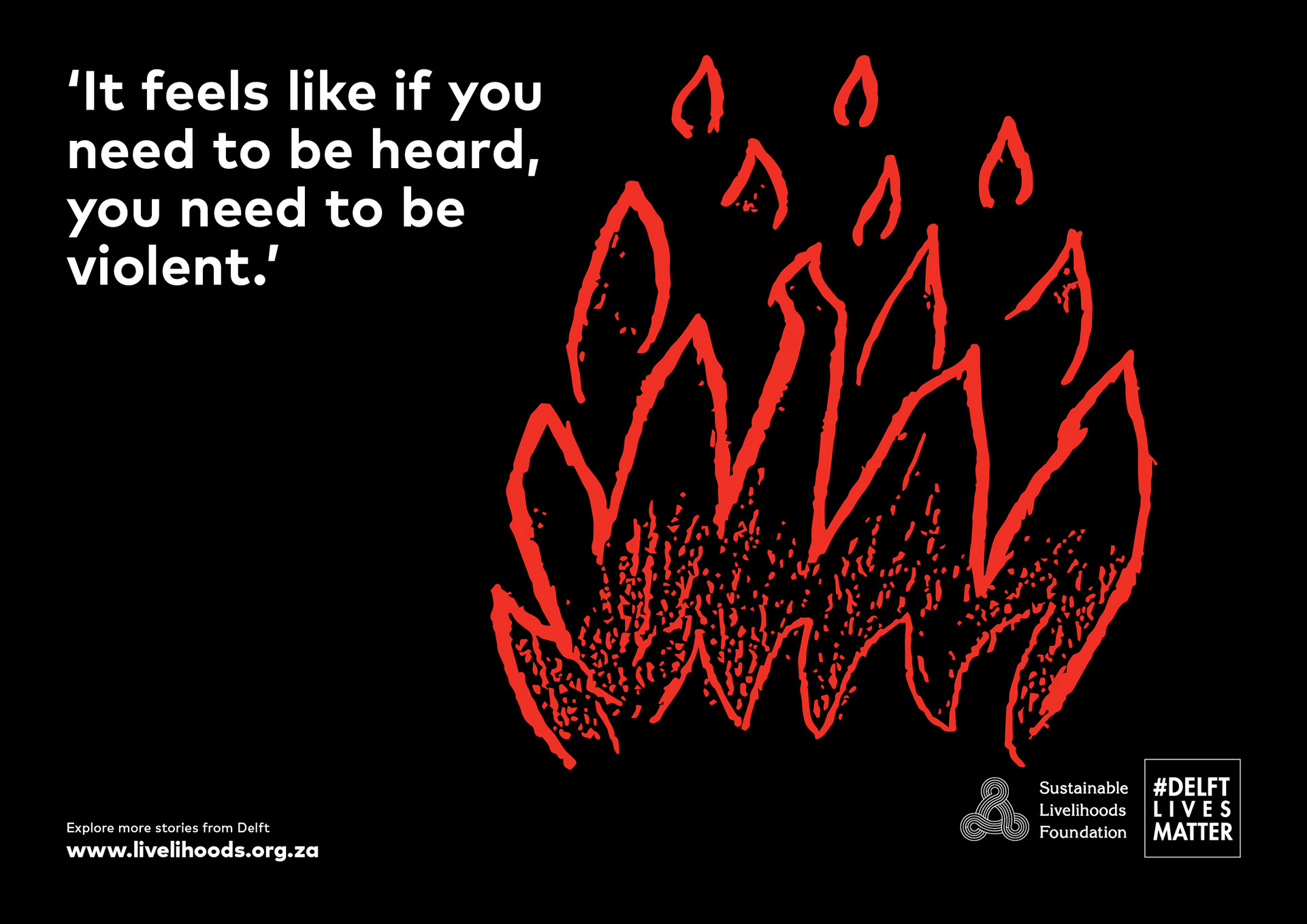
Conclusion
Working with the deep issues of exclusion in Delft , it is necessary to allow for time, while maintaining patience, persistence and resilience. From a group of disjointed community members, a solidified group and campaign was established. Confidence in voicing stories and issues was built within the Delft Safety Group, as well as impetus to approach and collaborate with powerful state actors. Invaluable relationships were formed within Delft community and between the Delft Safety Group and policy makers.
This project, though carried out over a 2 year process, is a starting point for the dramatic change that needs to take place in Delft, and across Cape Town’s townships. The movement needs to grow in terms of numbers. It needs to become increasingly visible so as to keep governance accountable and in public view.
